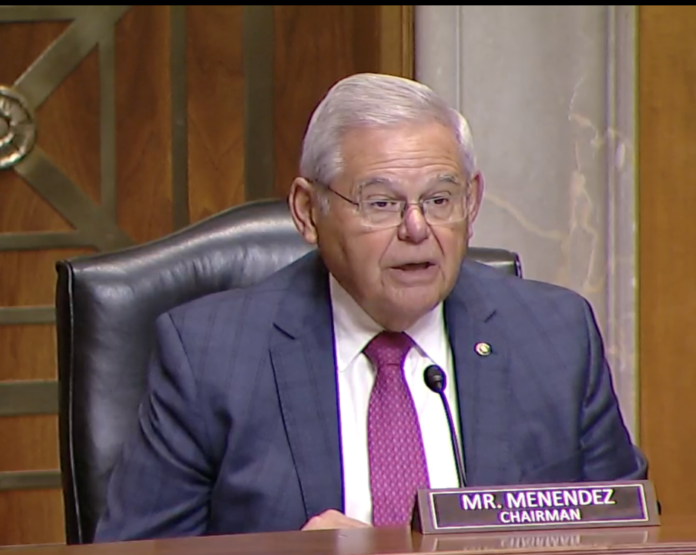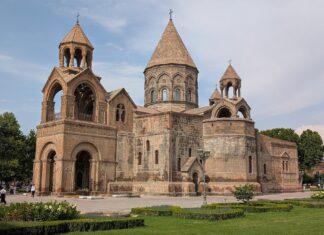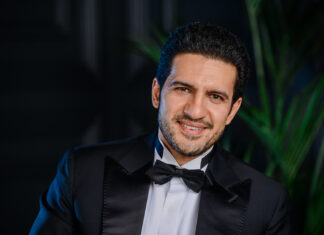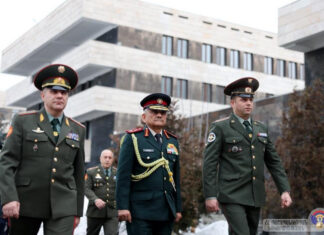WASHINGTON, D.C. – The United States Senate Committee on Foreign Relations (SFRC) held a hearing “Assessing the Crisis in Nagorno-Karabakh” on September 14, with witness Yuri Kim, Acting Assistant Secretary of State for European and Eurasian Affairs.
Joining SFRC Chairman Senator Bob Menendez (D-NJ), Members of the Committee present at the hearing included Senators Jim Risch (R-ID), Benjamin L. Cardin (D-MD), Jeanne Shaheen (D-NH), Christopher Murphy (D-CT), Tim Kaine (D-VA), Chris Van Hollen (D-MD), and Pete Ricketts (R-NE).
In his opening remarks, Senator Menendez (D-NJ) conveyed the harsh realities on the ground in Nagorno-Karabakh (Artsakh).
“In the stores of Nagorno-Karabakh shelves are empty. Ambulances don’t have gas. Miscarriages have nearly tripled. The BBC reports that one third of deaths there are now from malnutrition,” said Senator Menendez. “For months Azerbaijan has blocked access to the Lachin Corridor to Armenia, keeping out humanitarian aid to this ancient Armenian community that is starving to death.”
Senator Menendez noted that only one truck recently went through and that one truck is not enough for a population of 120,000 Armenians, as there were 120 trucks passing through the Corridor before the blockade.
“President Aliyev says he’s not organizing ethnic cleansing but that’s exactly what he’s doing,” he said. “By leveraging humanitarian aid, he aims to either coerce the people of Artsakh into political submission or starve them to death.”












